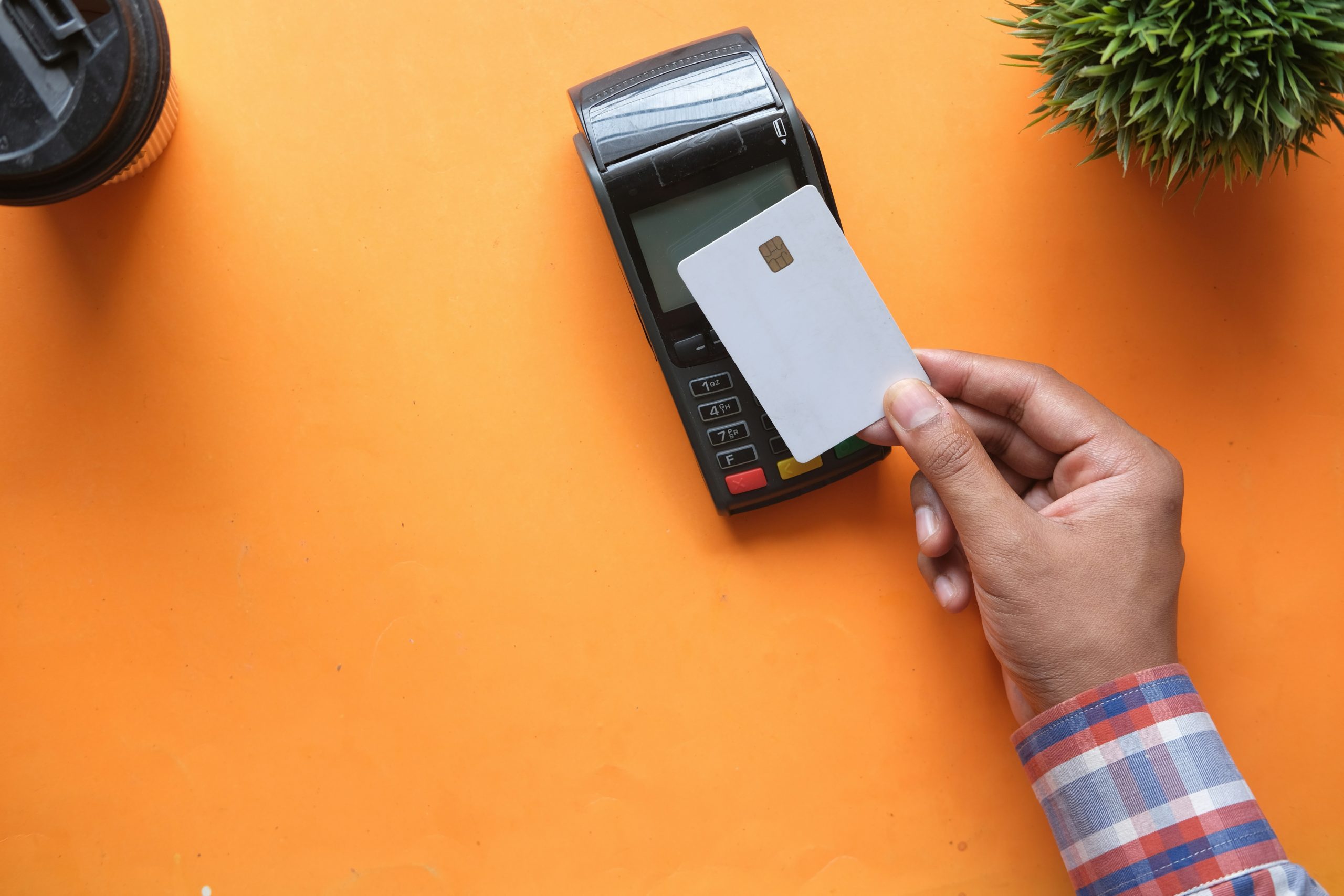Italy’s State-Owned Bank Trials Digital Bonds on Polygon Blockchain
The European Central Bank initiated the trial to explore how blockchains can enhance central bank settlement.

Stablecoins as a Solution: Stablecoins aim to address the volatility of cryptocurrencies like Bitcoin by being pegged to more stable assets, offering a reliable medium for everyday transactions and acting as a bridge between fiat currencies and digital assets.
Benefits and Practical Uses: They provide numerous advantages including price stability, reduced fees, and faster transactions. Stablecoins enhance financial inclusion and can be used for a variety of transactions such as remittances, retail purchases, peer-to-peer payments, salary disbursements, and cross-border trade.
Adoption Challenges and Wallet Setup: Despite their potential, stablecoins face regulatory, scalability, and security challenges. Setting up a stablecoin wallet involves choosing a secure provider, undergoing identity verification, and funding the wallet. Overcoming these hurdles is essential for their widespread adoption and contribution to financial innovation and inclusion.
In the realm of digital currencies, stability has been a longstanding challenge. The volatility of crypto assets like Bitcoin and Ethereum has hindered their mainstream adoption for everyday transactions. Enter stablecoins – a solution to bridge the gap between traditional fiat currencies and cryptocurrencies by maintaining a stable value.
With their steady value proposition, stablecoins offer a promising avenue as a reliable bridge between digital assets for conducting everyday transactions efficiently and securely.
Stablecoins are digital assets pegged to the value of fiat assets, commodities, or other assets. The primary objective of stablecoins is to provide stability and mitigate the price volatility commonly associated with cryptocurrencies such as Ethereum (ETH) or Bitcoin (BTC). There are three main types of stablecoins:
Stablecoins offer a stable value proposition, making them a suitable medium of exchange for daily transactions. Users can transact confidently, knowing that the value of their assets remains relatively consistent.
Unlike traditional banking systems that often impose hefty transaction fees, stablecoin transactions can be executed with minimal costs. This cost-effectiveness makes them an attractive option for micropayments and cross-border transactions.
Transactions with stablecoins are typically faster and more efficient than traditional banking systems, which may involve intermediaries and delays. With blockchain technology facilitating peer-to-peer transactions, stablecoin transfers can occur almost instantly, even across borders.
Stablecoins enable financial inclusion by distributing access to digital assets for individuals who may not have access to traditional banking services. Anyone with a reliable internet connection can create a digital wallet and start transacting with stablecoins, thereby fostering financial empowerment.
Blockchain technology underpins stablecoins, offering transparency and immutability to transactions. Each transaction is catalogued on the blockchain, providing a secure and tamper-proof ledger of all activities. This transparency enhances trust among users and reduces the risk of fraud or manipulation.
Cross-border remittances often involve high fees and lengthy processing times. Stablecoins offer a cost-effective and efficient alternative, enabling individuals to send and receive funds globally with minimal friction.
Stablecoins can be used for everyday retail transactions, both online and offline. Retailers can accept stablecoin payments, providing customers a convenient and secure payment option while reducing transaction costs and settlement times.
Whether splitting a restaurant bill or paying rent to a roommate, stablecoins streamline peer-to-peer payments. Users can transfer funds directly to each other’s digital wallets without intermediaries, ensuring fast and hassle-free transactions.
Employers can leverage stablecoins to disburse salaries to employees, especially in regions with unreliable banking infrastructure. Stablecoin payments offer an efficient payroll solution, providing employees with instant access to their earnings.
Businesses occupied in international trade can benefit from using stablecoins to settle transactions. By bypassing traditional banking systems, stablecoin payments reduce the complexity and cost associated with cross-border trade, facilitating smoother transactions between buyers and sellers.
A few steps are used to set up a digital wallet for stablecoins to ensure a secure and seamless experience. Users must have access to a device that can run digital wallet programs with a reliable internet connection. They must be able to pick a trustworthy wallet provider that prioritises security and stablecoin compatibility. Once the user is done choosing a wallet, they need to register for an account and go through regulatory-compliant identity verification procedures.
After verification, users can fund their digital wallet with fiat money using bank transfers or other payment options. Users can also add stablecoins by connecting to decentralised finance (DeFi) platforms and swapping assets through smart contracts. Lastly, the user can confirm wallet support for chosen stablecoins for smooth setup.
While stablecoins offer numerous advantages for everyday transactions, they are not without challenges. Regulatory uncertainties, scalability issues, and concerns regarding centralisation are among the obstacles that must be addressed for widespread adoption. Stablecoins are based on blockchain technology, and private key security is crucial. Users must use trustworthy software wallets or hardware wallets with solid security features. Moreover, educating users about the benefits and functionalities of stablecoins is essential to increasing their acceptance and usage.
Stablecoins represent a significant evolution in the digital currency landscape, offering a stable and efficient means of conducting everyday transactions. With their inherent stability, low transaction fees, and accessibility, stablecoins have the potential to revolutionise the way we transact in the digital age. As adoption grows and regulatory frameworks evolve, stablecoins are composed to play an increasingly prominent role in mainstream finance, driving innovation and financial inclusion globally.
The European Central Bank initiated the trial to explore how blockchains can enhance central bank settlement.
n recent months, inflation measures, including the Consumer Price Index and Personal Consumption Expenditures Index, have moderated.
BlockFi clients are to note that client communications will exclusively occur through official email channels.
CryptoQuant CEO says Bitcoin is still vulnerable to “speculative FUDs,” giving smart money a way to buy up cheap BTC.